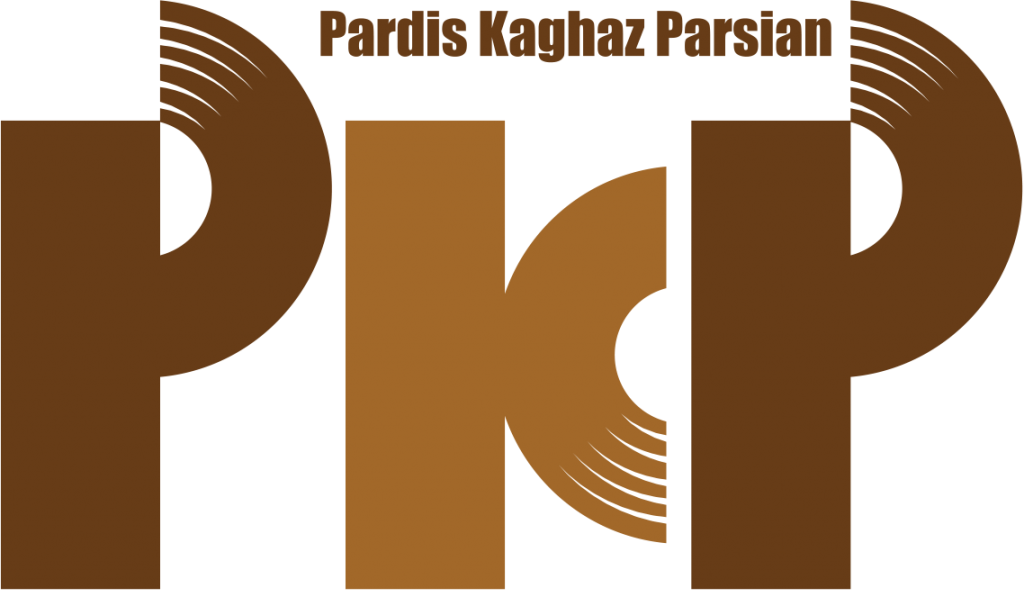Products
The current recycling process results in the production of liner, floating, testliner, kraftliner, and white top liner papers. This product is made from recycled paper and corrugated cardboard. It is economically cost-effective because its raw materials are inexpensive, and it is critically important in terms of environmental preservation. Furthermore, wastepaper is not worse than paper pulp as a raw material, but it is distinct from it. The properties of recycled papers follow the system of collecting and categorizing wastepaper. Furthermore, the type of initial paper pulp used in recycling has a significant impact on the properties of the recycled paper.
In manufacturing various types of sheets and cartons
Manufacturing bags and boxes
Various types of handbags
Manufacturing coated cardboard
Sometimes as separator in concrete production industries
Cardboard tubes
The Pardis factory produces all of its products in three plies. It has a direct impact on its quality. Given the machine’s width, it can produce a variety of papers in widths ranging from 90 to 250 cm.
Pardis Paper Parsian Company, with an annual production of 130,000 tons of packaging paper, in addition to meeting the bulk of domestic needs, has started exporting and foreign exchange.
Pardis Paper Company considers itself an environmentalist, so it has started to produce paper from cardboard waste, and in addition to not cutting down any trees to produce paper, it has collected waste and turned it into a quality final product.
Pardis Paper Company considers itself responsible for employment and youth economy of Iran. Therefore, it has employed 480 families directly and about 1500 families indirectly and is trying to add phases 2 and 3 and increase production and create job opportunities. For more young people, Jadid will take a small step towards expanding production, employment and the economy of our beloved homeland.
In order to develop the factory and increase production capacity, a new production line (PM2) is being installed next to the existing line, which is expected to be launched in the next six months, which will lead to a doubling of production capacity and Product diversification, as well as the third production line (PM3) will be installed within the next 18 months.
